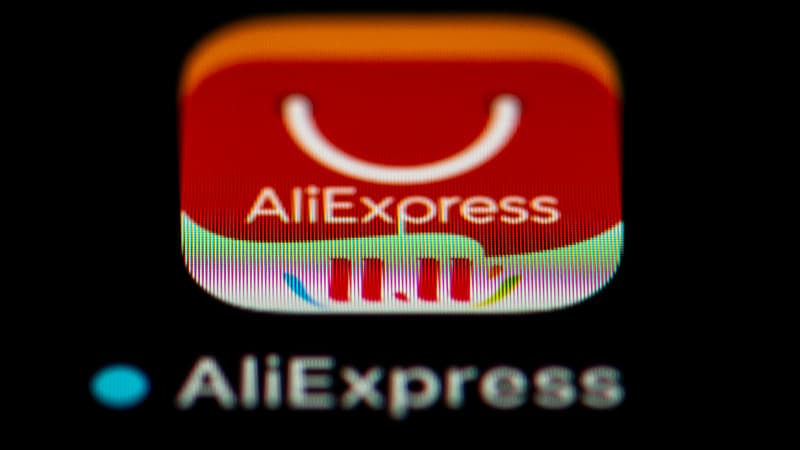The European Commission announced on Monday the opening of an investigation against the Chinese online sales site AliExpress for the alleged distribution of illegal products, including counterfeit medicines.
The Brussels executive explained that he had sent this subsidiary of the Chinese giant Alibaba a formal request for information. This should quickly detail the measures taken to protect consumers in accordance with the new European legislation on digital services (DSA) which came into force at the end of August.
Brussels had already opened three investigations in October against the social networks TikTok, its violent images and words, after the Hamas attacks against Israel.
“Ensure the removal of illegal or dangerous products”
The investigation announced Monday is the first targeting e-commerce under the DSA regulation.
It warned of “the growing number of fake medicines and potentially deadly pharmaceuticals being sold online.”
The information request sent to AliExpress does not currently constitute an accusation. But this is the first step in a procedure that can lead to heavy financial penalties in case of proven and prolonged violations of the rules. In extreme cases, fines can reach 6% of the group’s global turnover.
AliExpress must provide the information requested by the Commission no later than November 27, 2023. “Based on the evaluation of the responses, the Commission will determine the next steps,” it specifies in a press release.
Phased implementation of DSA
Since late August, the DSA has imposed stricter rules on 19 big internet players, including X, Facebook, Instagram and TikTok, as well as online sales giants Amazon and Alibaba.
These rules include the obligation to act “promptly” to remove any illegal content or make it impossible to access as soon as the platform becomes aware of it. Online sales sites must also verify the identity of sellers before authorizing them on their platform and block repeat scammers.
The illegal sale of medicines online, including counterfeit products or fake medicinal substances, has increased in recent years in the European Union, according to a report published by Europol and the EU Intellectual Property Office.
According to this report covering the year 2022, the majority of counterfeit pharmaceuticals are now distributed online and counterfeit pharmaceuticals are widely advertised on social media.
European health authorities, for example, alerted pharmacists in late October about the circulation of falsely labeled injectors containing Ozempic, a diabetes treatment misused for weight loss purposes.
Source: BFM TV


